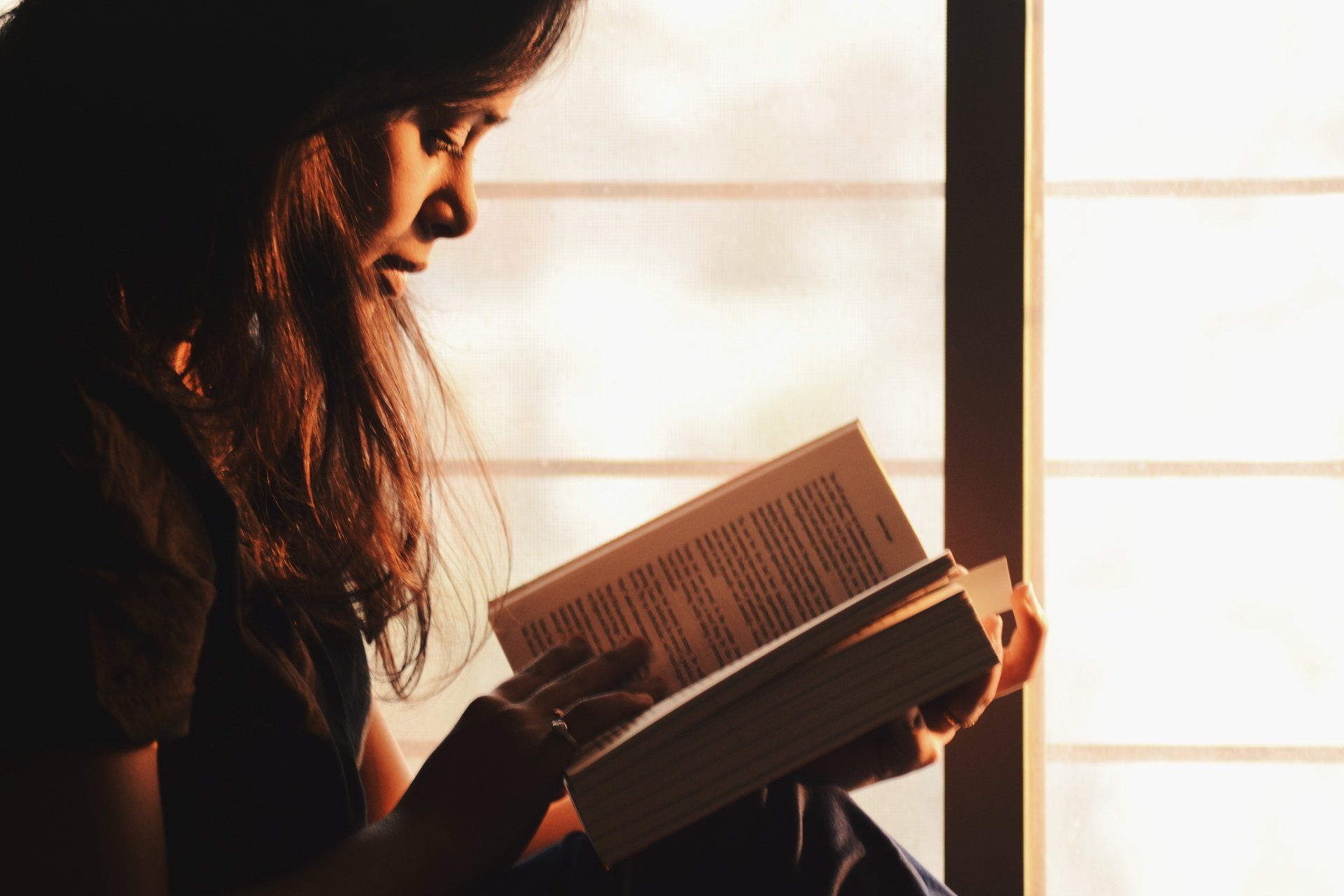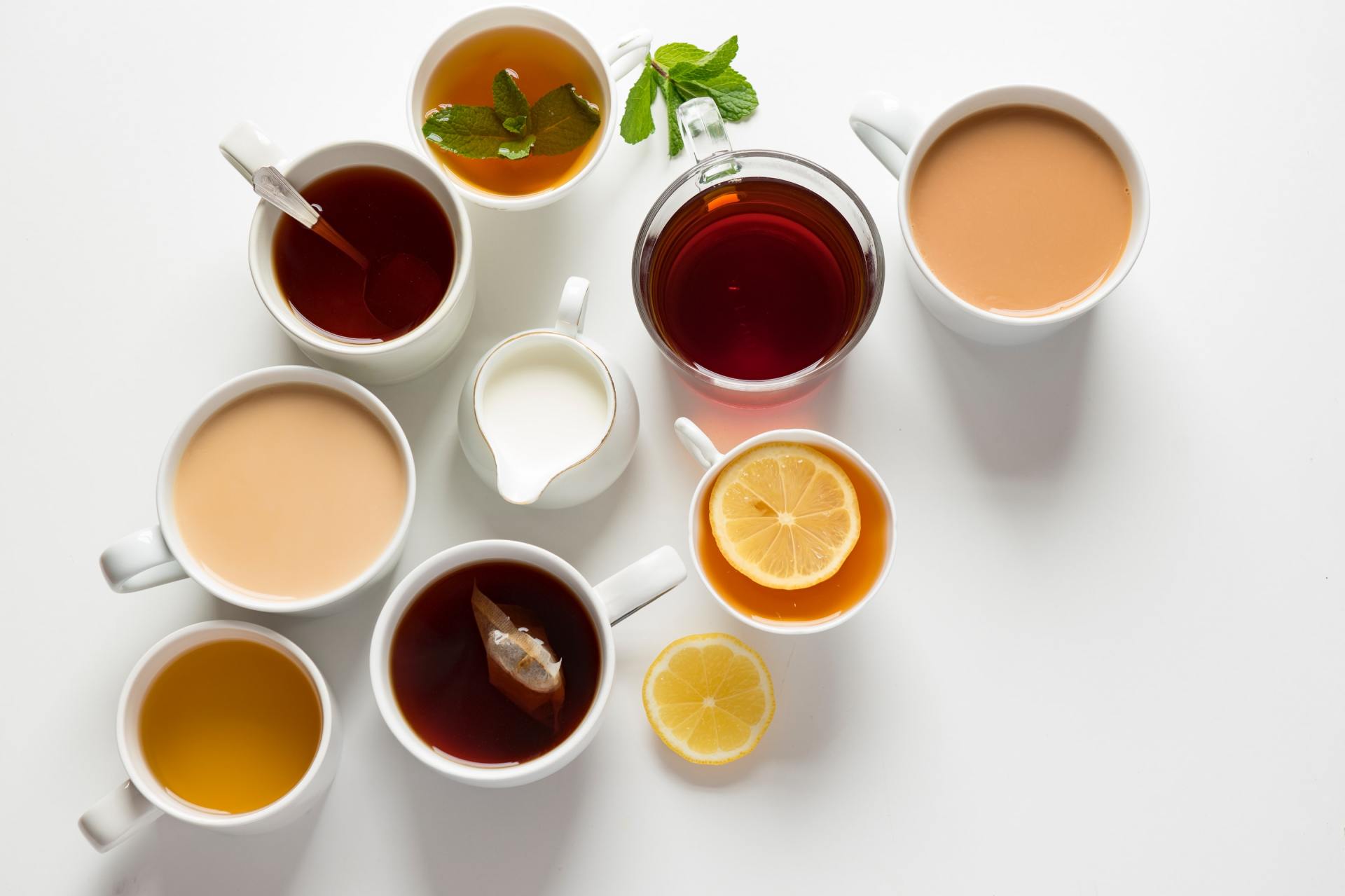
Circadian Rhythm

There are a number of different factors that determine when we sleep, for how long and what stages of sleep we go through. One of these factors is our circadian rhythm. This blog post details exactly what is meant by the term “circadian rhythm”, how it influences our sleep pattern and what can happen if it gets confused or knocked out of synch.
There are many bodily functions that repeat in a rhythmical pattern (breathing, digestion, sleep, core body temperature, urine production, hormone secretion etc). When this pattern is (approximately) daily it is referred to as a circadian rhythm (‘circa' meaning about and ‘diem’ meaning a day, in Latin). Our sleep-wake cycle is one part of our circadian rhythm.
The majority of living things, including humans, have an inbuilt body clock that is spookily good at keeping time. Not only is our body clock able to keep track of the passing of time but it is also sensitive to the many environmental time markers in our lives. These are cues such as social contacts, meal times, work schedules, exercise times and so on that enable our body clock to assume certain timings based on repeated incidences in the past of the same activity at approximately the same point in a day. The body clock, usually via the release of hormones, will then either stimulate the beginning or activate the ending of various bodily functions based on the time or the stage of our circadian rhythm we are currently in.
Our circadian rhythm therefore controls when we feel sleepy and when we feel alert, but, crucially, it also influences the duration of our sleep and the likelihood of us entering specific sleep stages during that sleep. When we try to sleep at a time that our body does not recognise as being appropriate or normal, our sleep is usually compromised either in duration or depth. This explains why we are more likely to dream during a nap.
We are not born with a fully developed body clock or circadian rhythm - it is only established during childhood (at approximately 6 months) with the development of an area of the brain called the suprachiasmatic nucleus. Prior to this, there is seemingly no rhythm at all, with newborn babies, eating and sleeping throughout the day and night. As the body clock develops and strengthens, more and more of our bodily functions become influenced by it and we settle into a rhythm based largely on the rise and fall of the sun.
Unfortunately, as we get older, our body clock weakens again and this can lead to a loss or confusion of our circadian rhythm. Indeed, if there is degeneration of the the suprachiasmatic nucleus via a brain injury or illness, the sleep-wake cycle can become completely disturbed so that Alzheimer’s patients (for example) may become entirely nocturnal, suffering with insomnia at night and sleepiness during the day.
The hormone that the healthy body clock uses to regulate the sleep-wake cycle aspect of the circadian rhythm is called melatonin. Melatonin does not in itself make you feel sleepy, but it is largely responsible for the ongoing regulation of our body clock. Melatonin is produced and released into the blood stream at varying rates throughout the day and night. During the day when levels of sunlight are at their highest, the pineal gland produces the least amount of melatonin. This production increases as the amount of light entering our eyes reduces.
Light and the corresponding production of melatonin are the strongest influencers on our wake-sleep cycle. It is because of our sensitivity to light that we are naturally awake during the day and asleep at night. This relationship has been the cornerstone of the well-regulated human circadian rhythm for centuries. Having a really strong body clock and a regular circadian rhythm is essential in getting enough good-quality sleep at the most appropriate time - appropriate not only for optimum mental and physical health, but also in terms of your input into the social system you inhabit.
Top Tip:
If you need to stay awake/alert against your own normal rhythm, get as much light into your eyes as possible as late in the day. This will help to convince your brain that the sun is still up and sleep is still a number of hours away.
We can strengthen our body clock and circadian rhythm by regulating ourselves and our lives into a strong routine. If we routinely do the same activities (including waking and sleeping) at approximately the same time every day then we are setting out very strong clues as to what time it is and what activity is coming next. This is why it is recommended to individuals that struggle with their sleep that they stick to a regular bedtime and awakening time, even at the weekends. Irregular sleep schedules or frequent switches in bedtimes and arising times tend to desynchronise the circadian rhythm. This will be related to if you have ever overslept at the weekend trying to recoup some of the sleep you have lost during the week, only to find that you can’t sleep at all on Sunday night and your sleep is all over the place the following week.
Top Tip:
Sticking to a regular routine and bedtime, will give your body strong clues as to when sleep is due and will prompt it to start the wind down process subconsciously. This makes falling asleep and falling quickly into deep sleep much easier.
Another way that our circadian rhythm can be confused is with the overuse of electric lighting at inappropriate times. Our eyes are not advanced enough to recognise the difference between natural sunlight and artificial light. If we replace the loss of sunlight at dusk with too much artificial light, our body clock may assume that the evening is still a long way off and not increase our melatonin production, leaving us still alert at bedtime and frustrated by insomnia.
On the flip side of this, however, we can also use light exposure to help strengthen our body clock or to reset it when it has become out of synch. If we have taken a long haul flight and moved quickly between time zones we can often suffer with jet lag. Jet lag occurs when your body clock is still running to the time at home even when you are in a new destination. Shift workers whose working hours vary week on week are also prone to this confusion in their rhythm. By getting as much sunlight into their eyes as early in the morning as possible, the internal body clock can start to readjust itself to the new time schedule. It will take your body, on average, a day to readjust for every hour that it is out of sync.
It is worth noting that no two people will have exactly the same circadian rhythm and that no one individual will stick to the same wake-sleep pattern throughout their whole life. Further information on how your circadian rhythm changes with age, is available in my blog posts on sleep and age but briefly, teenagers find that their rhythm shifts to a later schedule and older adults are more prone to an earlier shift in their wake-sleep cycle.
Additionally, individuals have their own unique sleep pattern that tends to be genetically predetermined and not a conscious choice. About 40% of the population are what are commonly termed “morning larks”. “Larks” experience their peak wakefulness during the early morning and have a trough in energy and concentration in the early evening along with an earlier preferred bedtime. Conversely, “night owls” (about 30% of the population), are naturally programmed to stay alert later in the evening, have a preferred later bedtime and therefore require to sleep later in the morning. If “owls” do get up early, they do not function well at this time and take much longer to achieve peak wakefulness. The other 30% of the population sit somewhere between the two groups.
Unfortunately for “night owls”, society is currently set up against them. “Owls” are typically sleep deprived because they find it difficult to fall asleep until the early hours of the morning but are then forced to get up, due to the demands of school or work, before obtaining sufficient sleep. “Owls” are therefore more likely to suffer with the various mental and physical illnesses associated with sleep deprivation.
Presenting with similar but exaggerated symptoms, there are also a couple of disorders of the circadian rhythm, which are rare but worth noting:
Delayed Sleep Phase Syndrome - individuals cannot get to sleep until the early hours of the morning or get out of bed much before midday.
Advanced Sleep Phase Syndrome - individuals cannot stay awake in the early evening but wake up very early, i.e. 3am.
Unlike “larks” and “owls”, circadian rhythm disorders are more than just a preference for a later or earlier bedtime; there is a mismatch between the body clock and the production and release of melatonin. These disorders are more common among those who have worked changing shift patterns over a long period of time or who take a lot of long haul flights and suffer regularly with jet lag.
If you are concerned that you suffer with a circadian rhythm disorder, they are best identified by the regular completion of a sleep diary and discussion with a qualified sleep therapist. Both disorders can be treated with the help of a therapist, such as myself, by strictly, but gradually rescheduling your sleep times.
Clearly our circadian rhythm can have profound effects not only on our ability to fall asleep, but also on how long we stay asleep and the quality of sleep that we obtain. If you would like help identifying which type of rhythm you have, tweaking your rhythm to better suit your lifestyle or learning how to strengthen your rhythm to help reduce insomnia, please contact me for more information on my sleep coaching programme.
Additional Reading
Sleep cycles https://www.fromsoultosole.co.uk/sleep-cycles
Sleep pressure https://www.fromsoultosole.co.uk/sleep-pressure
How sleep varies with age https://www.fromsoultosole.co.uk/blog

